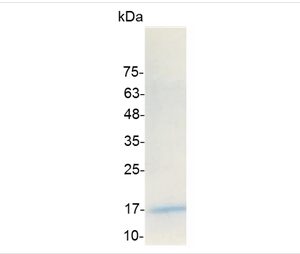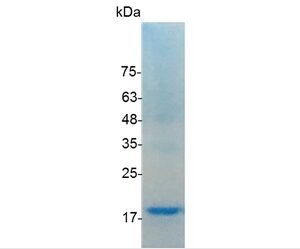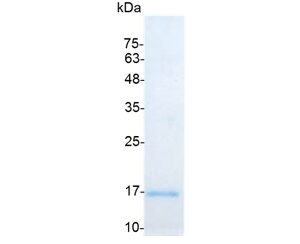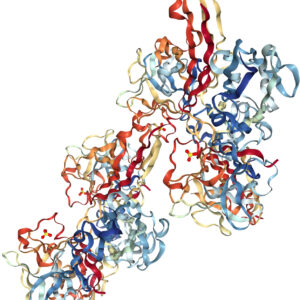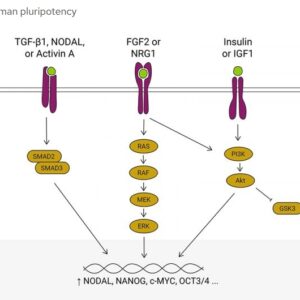Unlock the Potential: Qkine’s Human BMP4 Protein – The Key to Stem Cell Differentiation and More
When it comes to cellular differentiation and embryogenesis, few proteins hold as much sway as the Bone Morphogenetic Protein 4 (BMP4). Introducing Qkine’s Human BMP4 protein, a master regulator that not only serves as a beacon for embryonic and pluripotent stem cells but also offers a multifaceted approach to cellular development.
Historical Backdrop
Bone Morphogenetic Proteins, or BMPs, have been on the scientific radar since the 1960s. Originally identified for their ability to induce bone and cartilage formation, these proteins have since been spotlighted for their extensive roles in embryonic development. BMP4, in particular, has been celebrated for its influence in various differentiation pathways, its prominence underscored by decades of meticulous research.
Usage and Broad Applications
Qkine’s Human BMP4 protein is a versatile tool, indispensable for any laboratory engaged in stem cell research or cellular differentiation studies. At the core of embryogenesis, BMP4 lays the groundwork for the development of embryonic stem cells and induced pluripotent stem cells. Its influence, however, doesn’t stop there. The BMP4 protein is pivotal in directing mesenchymal cells toward adipocyte differentiation, adding another layer of potential to regenerative medicine and tissue engineering applications.
Beyond the realm of stem cells, BMP4 plays a defining role in the challenging realm of epithelial cancer EMT, offering researchers invaluable insights into cancer cell behavior and potential therapeutic pathways. Moreover, its involvement in regulating neuronal and glial cell development makes Qkine’s BMP4 protein a cornerstone for neurobiology research, unlocking the secrets of the brain and nervous system.
Mechanism of Action
The magic of BMP4 lies in its interaction with cellular receptors, primarily the serine/threonine kinase receptors. Upon binding, BMP4 triggers a cascade of intracellular events, activating SMAD proteins, which then migrate to the cell nucleus, regulating gene expression and, by extension, cellular differentiation and function. This intricate mechanism ensures that cells receive the right signals at the right time, directing their development and function in a meticulously orchestrated manner.
Relevance in Modern Research
In today’s age of personalized medicine and targeted therapies, understanding cellular behavior and differentiation is paramount. BMP4, with its multifaceted roles, becomes a key piece of the puzzle. For researchers delving into the mysteries of embryonic development, or those exploring the intricate dance of cancer cells, having a reliable and high-quality BMP4 protein source is crucial. Qkine rises to the challenge, offering a BMP4 protein that meets the stringent standards of modern research.
In Conclusion
Qkine’s Human BMP4 protein is more than just a product; it’s a promise. A promise of quality, reliability, and the potential to unlock new horizons in scientific research. With its rich history, well-defined mechanism, and broad spectrum of applications, our BMP4 protein is set to be the cornerstone of countless breakthroughs. Entrust your research to Qkine, where every protein is a step toward the future of science.
Related products
Cytokine
Biologicals
การเพาะเลี้ยงเนื้อเยื่อ




